Electric discharge drilling, also known as EDM drilling, is an advanced machining technology commonly used for processing hard materials or parts with complex shapes. This article will detail the advantages and disadvantages of electric discharge drilling, especially when working with stainless steel materials.
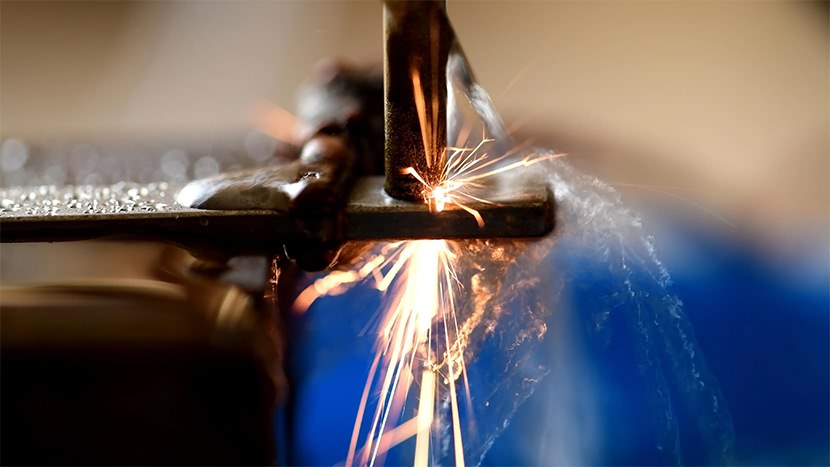
Advantages
High Precision: Electric discharge drilling is capable of processing very fine holes, making it suitable for applications that require high precision.
Strong Material Adaptability: This technique can easily process hard materials, such as stainless steel, without being limited by the hardness of the material.
Complex Shape Processing: It allows for the machining of various complex shapes, including tapered holes, blind holes, etc.
Good Surface Quality: The heat-affected zone produced during the process is small, enabling a better surface finish.
No Mechanical Stress: As a non-contact machining process, it doesn’t subject the material to mechanical stress, reducing the likelihood of deformation.
Disadvantages
Slow Processing Speed: Compared to traditional mechanical drilling, electric discharge drilling has a slower processing speed.
Higher Cost: Both the equipment cost and operating cost are relatively high, especially in large-scale production.
High Energy Consumption: The process consumes a significant amount of electricity.
Maintenance Requirements: Regular maintenance and replacement of consumables, like electrodes, are needed.
Heat Affected Zone: Although small, it still exists and can affect the microstructure of the material.
Special Considerations for Stainless Steel
For hard materials like stainless steel, electric discharge drilling is an ideal method. Stainless steel poses challenges to traditional mechanical machining due to its high hardness and toughness, which can lead to tool wear and low machining efficiency. Electric discharge drilling allows for high-precision machining of stainless steel without compromising the integrity of the material structure.
Conclusion
Electric discharge drilling is a powerful machining technique, particularly suitable for the precision machining of hard materials like stainless steel. While its processing speed and cost may be limiting factors, its advantages in precision, material adaptability, and ability to process complex shapes make it the preferred technology for many high-precision applications.
 +86 523 83789258
+86 523 83789258 info@tzhuaxin.com
info@tzhuaxin.com


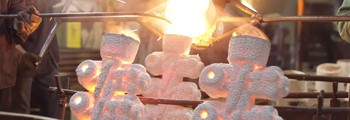
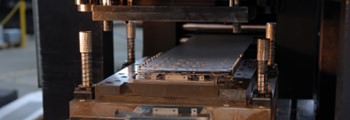
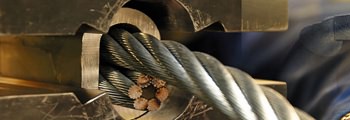
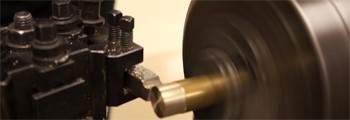

 Home
Home







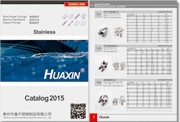 HuaxinCatalog Download
HuaxinCatalog Download


